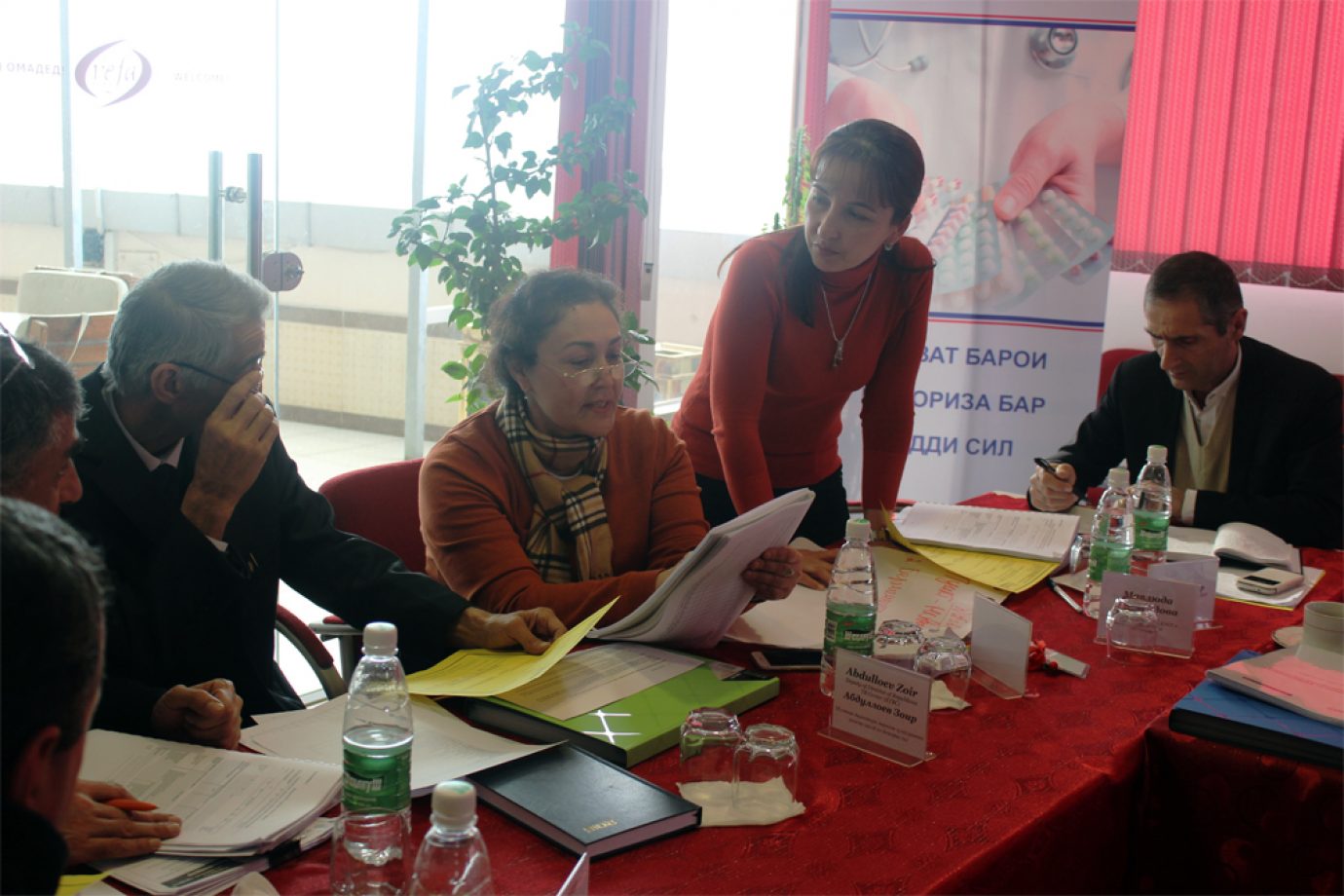
Current treatment of multidrug-resistant forms of TB (MDR-TB) requires the use of multiple drugs with limited efficacy for a prolonged period of time (18-24 months). The treatment is complicated, costly and difficult for patients. Some patients may have highly resistant forms of TB that are even more difficult to treat. Fortunately, new TB drugs and treatment strategies for the management of MDR-TB are being approved and tested. This offers patients and their providers hope for shorter, better therapy for the first time in decades.
Pharmacovigilance is the collection, detection, assessment, monitoring and prevention of adverse effects with pharmaceutical drugs.
In 2014, KNCV supported a pharmacovigilance project for new TB drugs in four pilot countries: Indonesia, Kazakhstan, Vietnam and Bangladesh. The data will be important to steer decisions in countries in implementing new drug regimens, and will help build the evidence base about safety of these drugs.
KNCV is also involved in a WHO generic implementation plan for new drugs and regimens and in a WHO Expert group for bedaquiline and delamanid.

